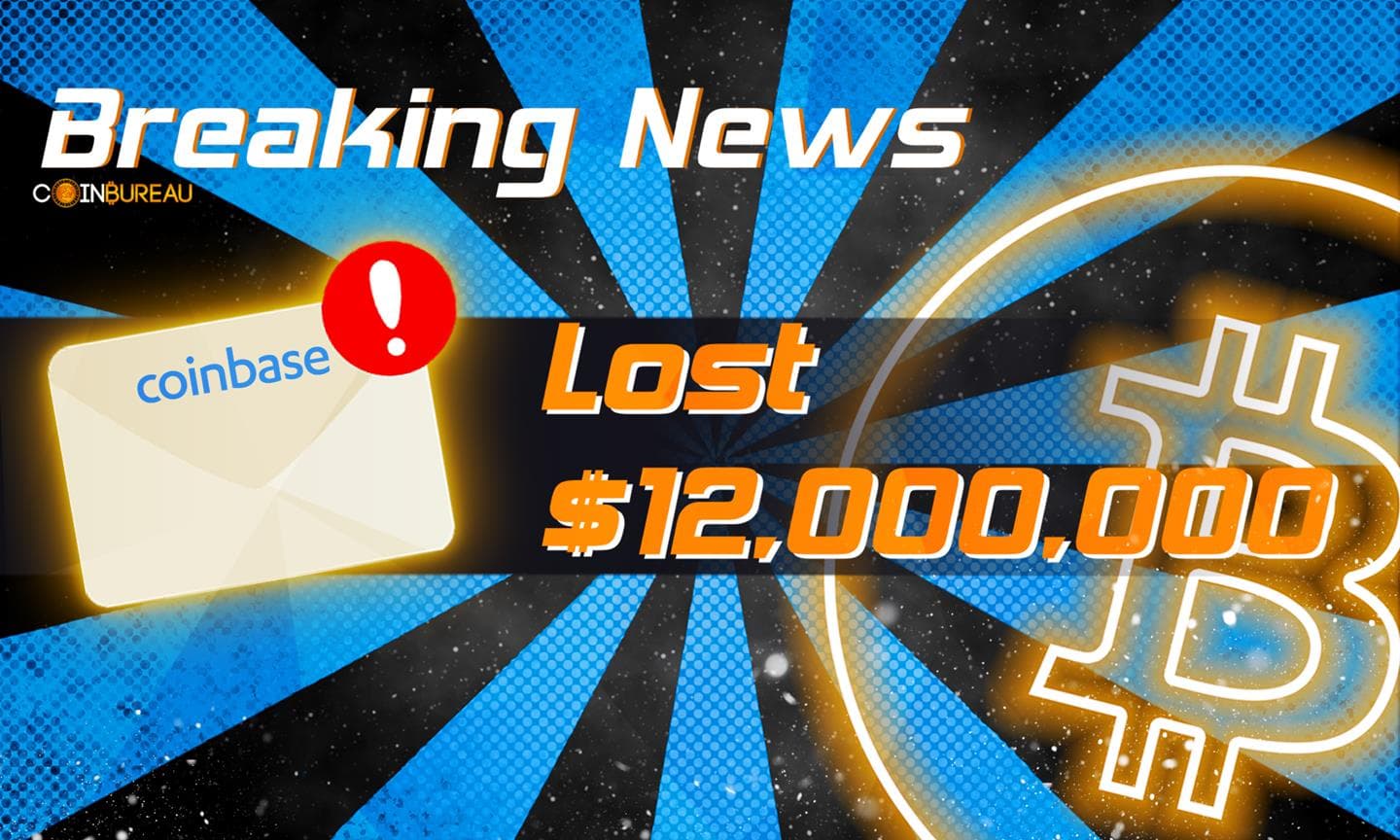There is a really interesting trial underway in Singapore at the moment. It centres around 3,092 Bitcoin and a really expensive trading error.
The case in question was currently being heard by Judge Simon Thorley of the Singapore International Commercial Court. The plaintiff is a UK company called B2C2 and the defendant is Quione Pte Ltd.
When the case was initiated, it was sent to the Singapore International Commercial Court. B2C2 asked that the court agree to a summary judgement of the case. This was granted in September.
Now, the Judge has denied the application for a summary judgement and hence the case will be sent to trial. The judge thought that further investigation into the trade was warranted.
What Happened?
B2C2 is a Cryptocurrency market maker registered in the UK. They had a trading account at Quione which is a Singapore based crytocurrency exchange.
In April of this year, B2C2 placed 7 orders on the exchange in a short 15 minute period. They exchanged 309 ETH for the 3092 BTC. This rate for ETH was 250 times the market rate.
This happened because there was an error on the exchange due to a system change with some passwords and keys that allowed the error to process unhindered.
Quione had made these changes but they had not carried it through to the BTC/ETH program. Hence, they were unable to quote a true market rate.
Obviously, with such a massive error, the exchange personal noticed it the next day. They simply reversed the trade and removed the 3092 BTC from the books of B2C2 without telling them about it.
When a Deal is Done
In the eyes of B2C2, the deal was agreed when the offer was met. This was even in the terms and conditions of the Quione exchange page. It states that:
once an order is filled, you are notified via the Platform and such an action is irreversible
For example, it would be unlikely that there would be any discussion if it was a client that was attempting to reverse a trade that was agreed on the exchange.
Indeed, this was the argument that was actually used by Quoine. They claimed that the terms of the trade being final did not apply to themselves. The Judge even stated that he was unable to accept this argument.
Unfortuntately for B2C2, the Judge thought that the contract on the website was not sufficient to issue a summary judgement. He focused on a particular nuance in law. He said that more time was needed to examine the
law on unilateral mistakes where computers are involved and the facts behind the setting of the abnormally high offer price
Governing Laws of Singapore
Given that Quione is based in Singapore, the laws that were entered into by B2C2 were governed by those of the state of Singapore.
Hence, whether the judge could find in favour of B2C2 depends on how well the plaintiff has interpreted the laws of the land.
Singapore is, however, a really business friendly place with laws that are based off of English Common Law. Hence, it is unlikely any favouritism will take hold.
What is certain though is that the case will no doubt be watched by many across the cryptocurrency space and could serve as a precedent for future errors.
Featured Image via Fotolia



